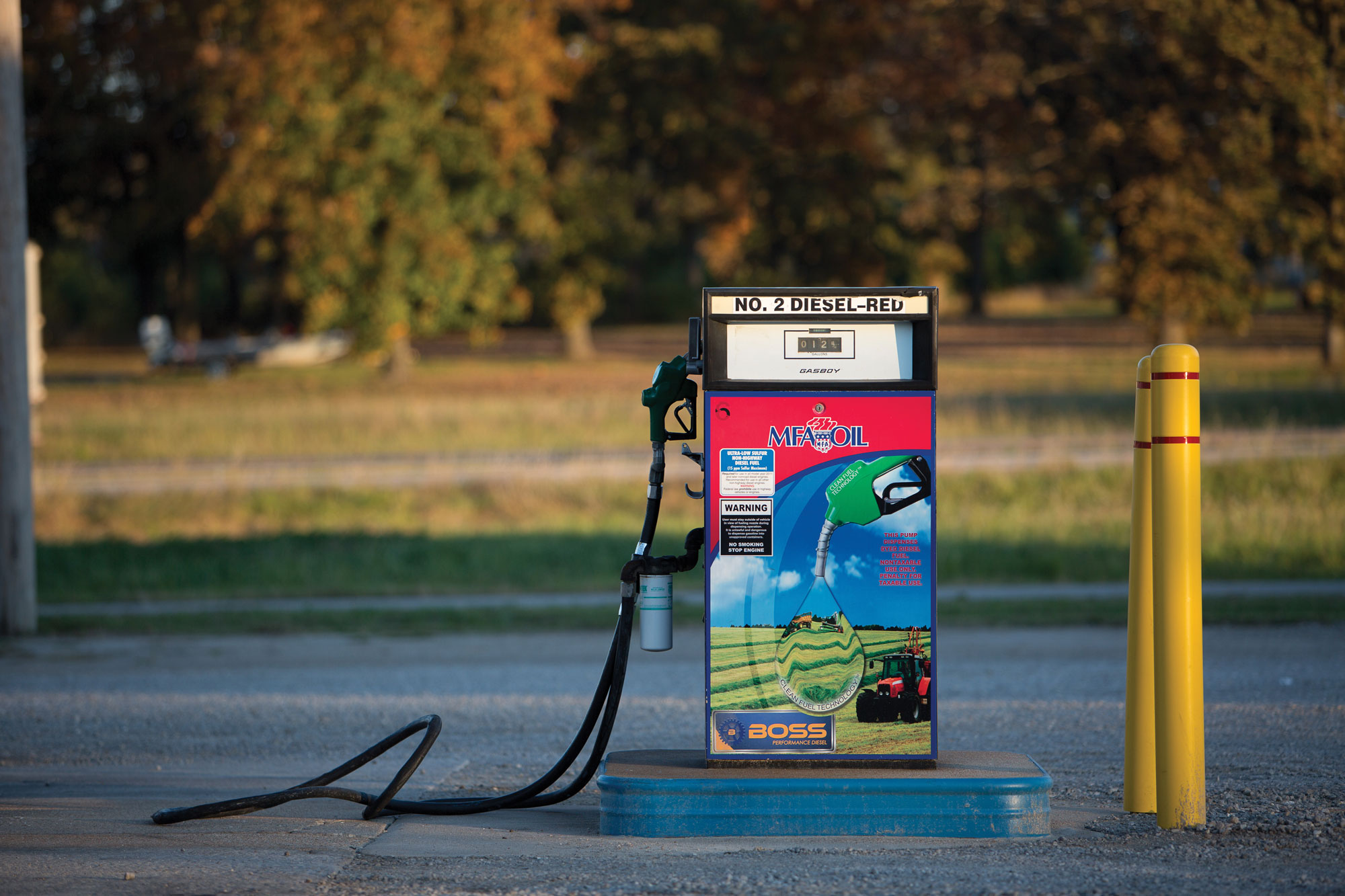
Diesel Fuel Selection is Critical
July 10, 2017
Written By Andrew McKnight
Diesel engines have come a long way since Rudolf Diesel first introduced his invention to the world in the late 19th century. Though it’s been more than 100 years since Diesel demonstrated his single-cylinder engine in 1897, many of the most significant advancements in diesel engine technology have occurred within the past couple of decades.
Changes in emissions regulations globally have required a dramatic evolution in diesel engine technology. Engines and vehicles continue to downsize, complex exhaust after-treatment equipment is bolted onto the engine, significant turbocharging is being used to increase fuel efficiency, and highly-engineered precision fuel injectors have become standard.
Diesel fuel injection today is achieved through a high-pressure common rail system that was introduced more or less the same time ultra-low-sulfur diesel debuted in 2006. This created a perfect storm where a “new” fuel—one with much lower natural lubricity, stability and solvency—was put to the test against severe temperatures and pressures within the common rail injection system.
The high-pressure fuel injection process creates extreme heat. Fuel injector temperatures can reach as high as 500 to 600 degrees Fahrenheit at the nozzle, and fuel temperatures inside the injector can possibly reach 1,000 degrees Fahrenheit. Standard #2 diesel fuel is ill-equipped to deal with these severe conditions, and as a result, a spike in injector and fuel filter failures has been seen over the last decade. These failures are primarily due to problems with soot-like deposits created from the cooking of the fuel in the fuel system.
Fuel injector deposits are a serious problem because modern injectors are extremely complex pieces of engineering with multiple nozzle orifices, minute openings and small metal components which are meant to be free-moving. Clearances inside the injector are one to three microns which is 20 to 30 times thinner than a human hair.
Deposit buildups inside the injector seriously impact its performance, which is meant to fire as often as seven times per combustion cycle. Putting this into perspective, a modern Class 8 truck cruising at 1,500 to 2,000 rpm equates to almost 175 to 233 injections per second.
Loss of injector performance translates to poor combustion. This, in turn, leads to losses of fuel economy and horsepower, increased emissions, and generally poorer drivability. Other maintenance problems can result, such as:
- blackened fuel filters
- fuel pump failures
- fuel line corrosion
- lubricant oil contamination by combustion soot and acids
In addition, poor combustion can lead to excessive fouling of exhaust after-treatment components, which include:
- turbochargers
- diesel particulate filters (DPF)
- exhaust recirculation valves and coolers
- exhaust sensors
After-treatment device fouling is a significant drain on fleet costs, considering, for example, how much fuel and time goes into active regeneration of DPF units, or in the extreme case, time and money spent in the maintenance shop replacing the parts.
To avoid these issues, its important to choose high-quality diesel fuel that works for all diesel engines—one that bridges the gap between the needs of today’s engine and generic diesel fuel. You need a fuel supplier that not only provides a clean, water-free, consistent product, but also uses enhanced additive technology to compensate for these problems with common rail engines.
BOSS Performance Diesel from MFA Oil is formulated with a proprietary additive package containing high-quality, powerful detergents to offer premium performance. These detergents not only clean up injector and fuel system deposits within one tankful, but also keep those systems clean. Fueling with BOSS versus conventional diesel fuel maximizes horsepower, improves fuel economy and provides enhanced long-term protection of the fuel injector system and fuel pump against corrosive and mechanical wear. Additionally, the BOSS additive package enables quicker start-ups, increased power and smoother operation. MFA Oil also uses superior thermal and oxidative stability additives to increase storage life of the fuel and to prevent the formation of graphitic-type deposits.
Quality-conscious operators looking to address the needs of their modern diesel machinery can’t afford to gamble when it comes to fuel selection. There are simply too many things that can go wrong when using generic diesel fuel. Remember that the next time you are considering your diesel fuel order.

